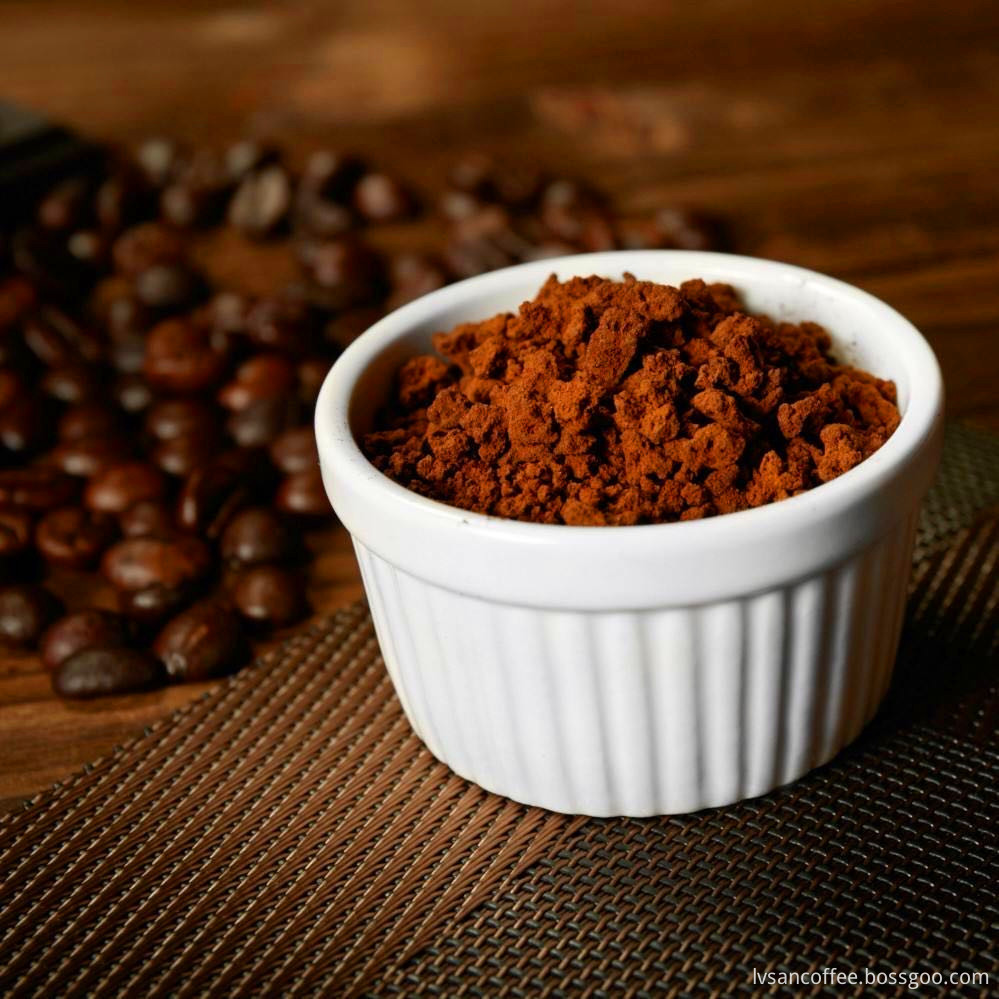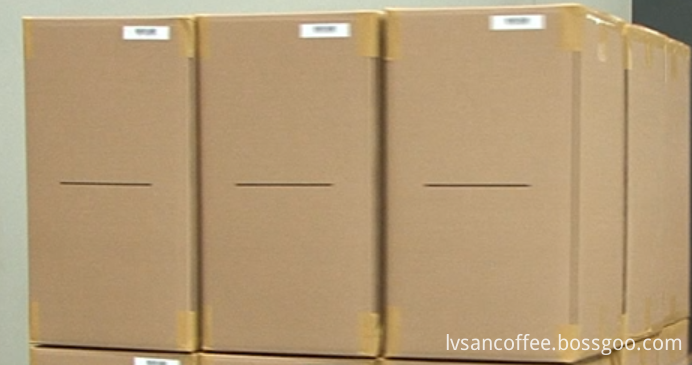1. Application of Ammonium Nitrate: Leafy Vegetables such as Chinese cabbage, mustard greens, chives, celery, and spinach have a short growth cycle and are highly susceptible to absorbing nitrate from fertilizers, which can lead to high nitrate levels in the produce. Therefore, ammonium nitrate should not be used on these types of vegetables to prevent excessive nitrate accumulation, which can be harmful to human health.
2. Avoid Using Pure Nitrogen Fertilizers: Spraying nitrogen-based fertilizers like urea or ammonium sulfate directly onto the leaves of leafy vegetables is not recommended. Similarly, using human urine as a fertilizer can significantly increase nitrate content in the plants, posing potential health risks. It's better to avoid foliar application of these substances to ensure safe and healthy vegetable production.
3. Timing of Urea Application: After applying urea, it should not be immediately watered. Urea needs time to convert into forms like ammonium carbonate or ammonium bicarbonate that can be absorbed by plant roots or retained in the soil. Watering too soon can cause the nitrogen to leach away, leading to nutrient loss. It’s best to wait 5–7 days before irrigation to maximize the effectiveness of the fertilizer.
4. Limit Use of Ammonium Sulfate in Acidic or Calcareous Soils: Repeated use of ammonium sulfate in acidic soils can further increase soil acidity, while in calcareous soils, it may lead to soil compaction and hinder vegetable growth. It’s important to manage its use carefully to maintain soil health and optimal crop development.
5. Proper Handling of Ammonium Bicarbonate: Ammonium bicarbonate is unstable and highly volatile, especially when applied in dry conditions. In drought-prone areas, this fertilizer can easily evaporate, resulting in significant losses. To minimize this, it should be applied to moist soil and covered immediately after application, whether used as a base fertilizer or top dressing.
6. Avoid Overuse of Phosphate Fertilizer: Excessive phosphate application over time can be detrimental to vegetable crops. Applying more than 40 kg per mu (approximately 0.067 hectares) can lead to poor growth, early aging, reduced yield, and lower quality produce. A moderate amount of 15–20 kg per mu is generally sufficient for most vegetable crops.
7. Avoid Direct Use of Human Waste on Leafy Vegetables: Human excrement, especially from public areas like hospitals, train stations, docks, and restaurants, may contain harmful pathogens and parasites. Applying untreated waste directly to leafy vegetables can contaminate them and even spread diseases. It’s essential to treat such manure through methods like composting, biogas fermentation, or chemical treatment before using it in the garden.
8. Proper Management of Livestock Manure: When using manure from pigs or cattle, it’s important to first stack it properly. The feed materials often include crop straws and weeds, which may carry weed seeds. These seeds can survive in the manure and germinate in the vegetable fields, causing problems. To reduce this risk, the manure should be piled and allowed to decompose naturally for about two months or treated with biological starters for faster decomposition, ensuring that weed seeds and pathogens are destroyed before application.
100%Robusta Instant Coffee:3IN1 Coffee and milk tea has mellow stranger flavor;
1. Special large package for industrial raw material sales;
2. 100% pure coffee;
3. Good instant solubility;
4. Unique aromatic oil recovery device to maintain the flavor of coffee to the greatest extent;
5. Stable raw material origin and long-term supply


Instant Cold Coffee,Good Instant Coffee,,Agglomerated Instant Coffee,Caramel Flavored Coffee
Yunnan New Biology Culture Co,.Ltd , https://www.lvsancoffee.com